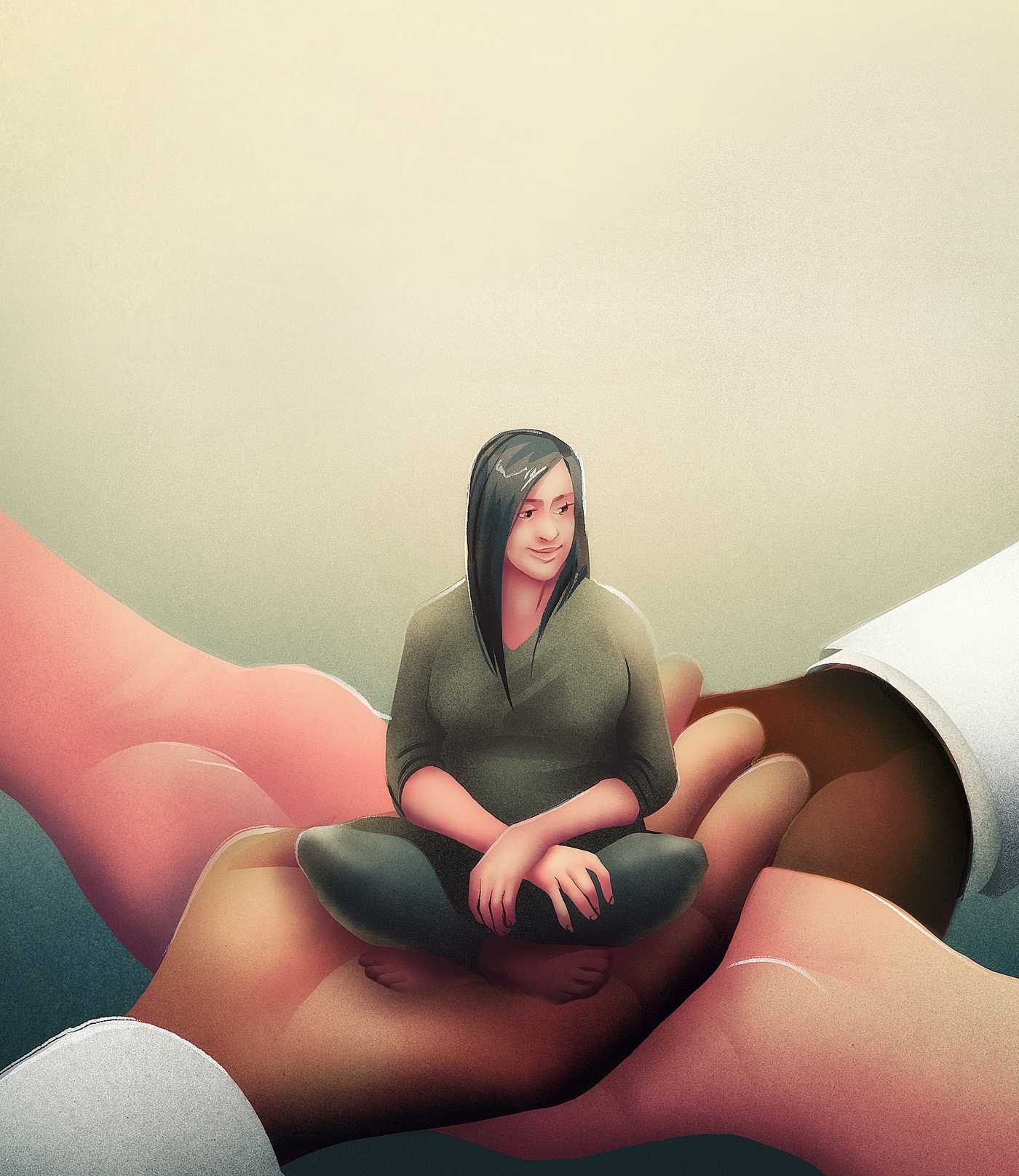Nine organizing principles of open source healthcare
A framework for responsible use and management of patient health data and information for the advancement of health quality, health research, and data ownership.
Simple National Standard
Establish, maintain, and evolve a single, national target for health data standardization. This common data element definition for human health will be available under a business-friendly, open source license (such as Apache). It’s open to any interested party, organization, or individual both domestic and international.
- Contributors will be vetted by the model stakeholders.
- No single party may have exclusive rights to the schema.
- Major changes to the standard must involve an open decision-making process and a consensus between all stakeholders.
- The standards must be managed by an official, elected organizing body for a term of 4 years (with a term limit of 8 years).
Cost Transparency
Prices for healthcare services, from medical treatments to insurance costs, are publicly known and posted. Cost transparency promotes patient choice.
Responsible Use
Criminalize the unethical and wrongful use of personal healthcare data.
Data Usage Transparency
Every update or change to a patient's healthcare record requires a healthcare receipt. After an encounter, a receipt detailing the conversation and collected information is sent to the patient and corresponding care team.
Transactional Care
Patients have the rights to see who, what, where, when, and how people and services use their healthcare data.
Own Your Data
Patients co-own or fully own every health data point about themselves. Health data generated about the patient by a provider is co-owned by both parties. Health data generated by the patient is fully owned by the patient with a right to possess, share, sell, or destroy.
Share Your Data
Patients are free to use personal health data in any legal way they choose and free to share some or all of their personal health data with whomever they choose.
Health Data as a Public Resource
Provide access and development tools to public health data for scientific research and acceleration of scientific discovery. Allow patients to share or donate any part of their data, either as de-identified or real data, to science.
Community Engagement
A national health literacy service drives adoption of health data models and engages the imagination of the public to understand patient rights and health policy.
Be a part to grow the open source healthcare community
as an Organization
what you can do
as an Engineer
what you can do
as an Concerned Citizen
what you can do
